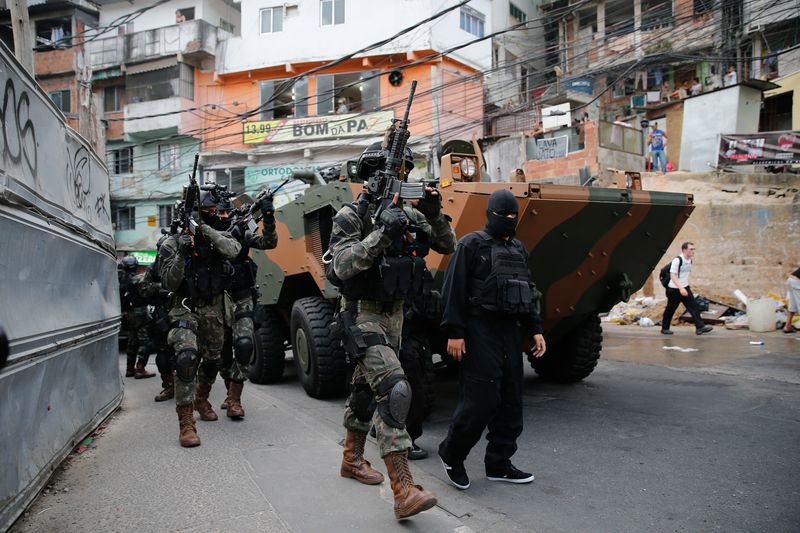The US war on drugs disenfranchises hundreds of thousands of people, particularly black Americans, subverting the democratic process and benefitting certain candidates.
Voter suppression and disenfranchisement returned to the headlines this week with the election for the US Senate in the state of Alabama. Democrat Doug Jones narrowly beat Republican and accused child molester Roy Moore by a 1.5 per cent margin – a difference of just 20,715 votes; far too close for comfort for people who support the Democratic Party or oppose alleged pedophiles holding public office. However, the closeness of this race may not reflect the desires of Alabama’s population, as many people are being denied their right to vote.
The US is one of the only developed nations to actively disenfranchise swathes of its population even after they leave prison, with black Americans being disproportionately afflicted by this approach. A staggering one in 13 black Americans have lost their voting rights due to disenfranchisement laws, according to the Drug Policy Alliance’s Kassandra Frederique. Black Americans usually vote for the Democratic Party; 88 per cent of black voters supported Hillary Clinton in the 2016 election, 93 per cent supported Barack Obama in 2012.
Based on data from the Sentencing Project, a US criminal justice reform organisation, there are 286,266 disenfranchised adults in Alabama – including over 15 per cent of the state’s entire adult black population. As black Alabama voters had a high turnout in this election, with overwhelmingly support for the Democratic Party (over 96 per cent voted for Jones according to exit polls), this mass disenfranchisement may have helped Moore tighten the gap.
This denial of voting rights to black Americans has had an inextricable link to the War on Drugs for many decades. In Alabama, as in many other states, being convicted of certain drug felonies leads to immediate disenfranchisement – even after an individual has served their sentence. While individuals can apply for a reinstatement of their voting right, many are unaware that they can do so – and therefore do not attempt to make their voice heard at the ballot box. A recent article in the Root described the story of Leonard Robinson, a black man, being turned away from an Alabama polling station in 2016 due to a two-decade old cannabis felony.
Perhaps the most egregious example of racist voter disenfranchisement in the US takes place in Florida. In this state, over 1.6 million people have been disenfranchised – including a colossal 21 per cent (one in four) of the state’s black American adults. Disenfranchisement is particularly contentious in this state, as – in the 2000 US presidential election – George W. Bush rose to national power after beating Al Gore by just 537 votes in Florida. Again, the mass disenfranchisement of black Americans here is fuelled directly by the drug war.
In Florida, anyone convicted of the mere possession of drugs (except cannabis) is immediately and permanently disenfranchised, unless they are able to successfully appeal the decision. Black Americans suffer more under these laws than white people because of institutional racism in the criminal justice system, from policing to sentencing. A 2016 investigation into Florida’s criminal justice system – Bias on the Bench – found that black Americans who have committed drug offences face harsher penalties than white people who have committed the same offence, including longer sentences and tougher barriers in removing felonies from their record. The study also found that black Americans in Florida are more likely than whites to “have their civil rights revoked, preventing them from voting and making it harder to find jobs and housing”.
It’s no secret that the US’ War on Drugs is a racist tool of state oppression. John Ehrlichman, policy chief to Republican President Richard Nixon who coined the term "war on drugs", has openly admitted that the approach was created in order to criminalise and disrupt black communities. It is therefore not inconceivable that the drug war is being used to underhandedly influence elections, and maintain the power, of certain individuals and groups.
While the suspected child molester Roy Moore’s failure in Alabama is undoubtedly welcomed by progressives around the US, mainstream politics and discourse seems on a continuing shift to the far right. For progressive activists and politicians who seek to further their goals, it has become a vital time to fight for a criminal justice system that does not deny an inherent civil right to millions of people. The reform of drug policy seems increasingly essential for reducing the breadth of felon disenfranchisement.


